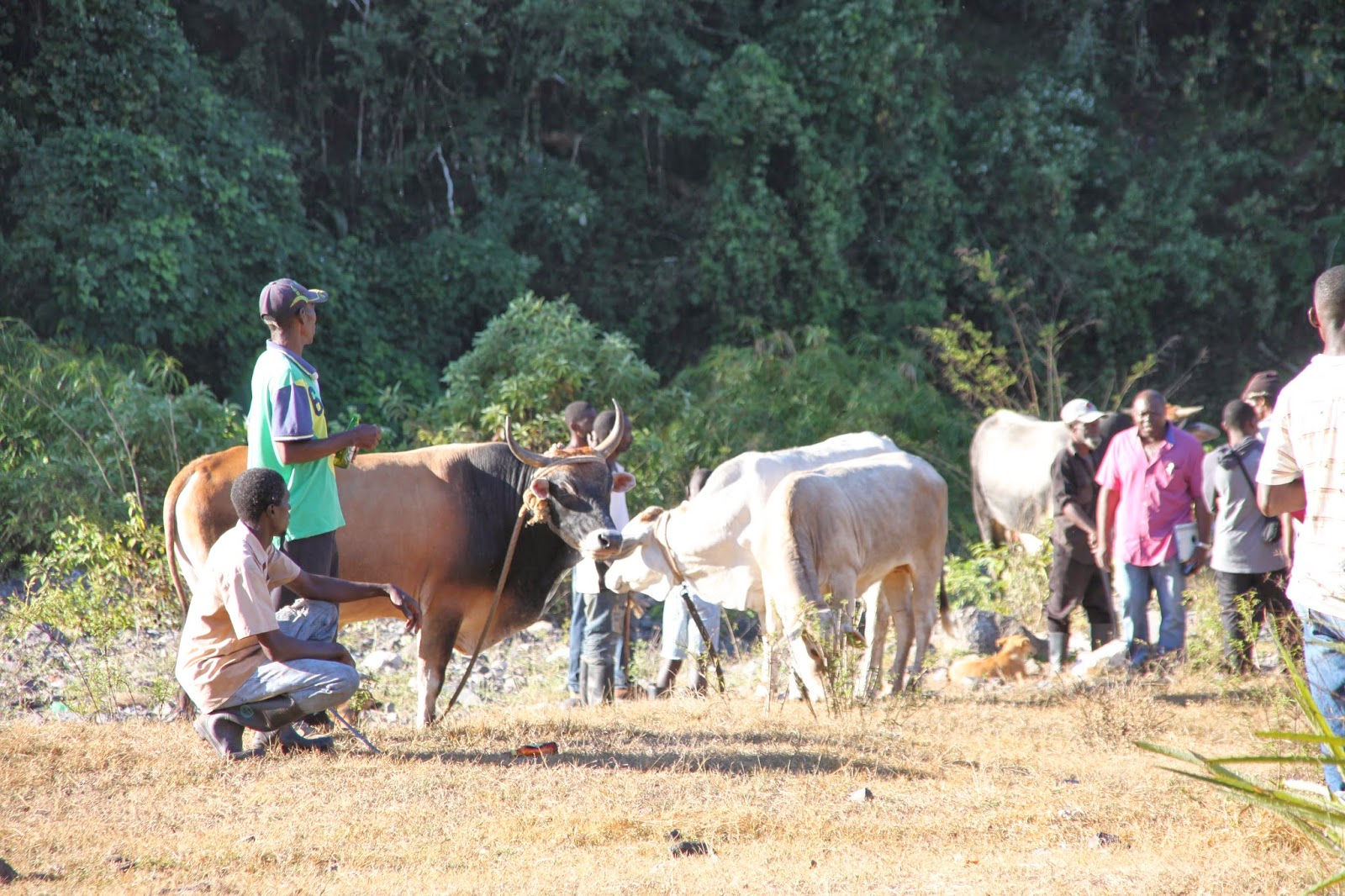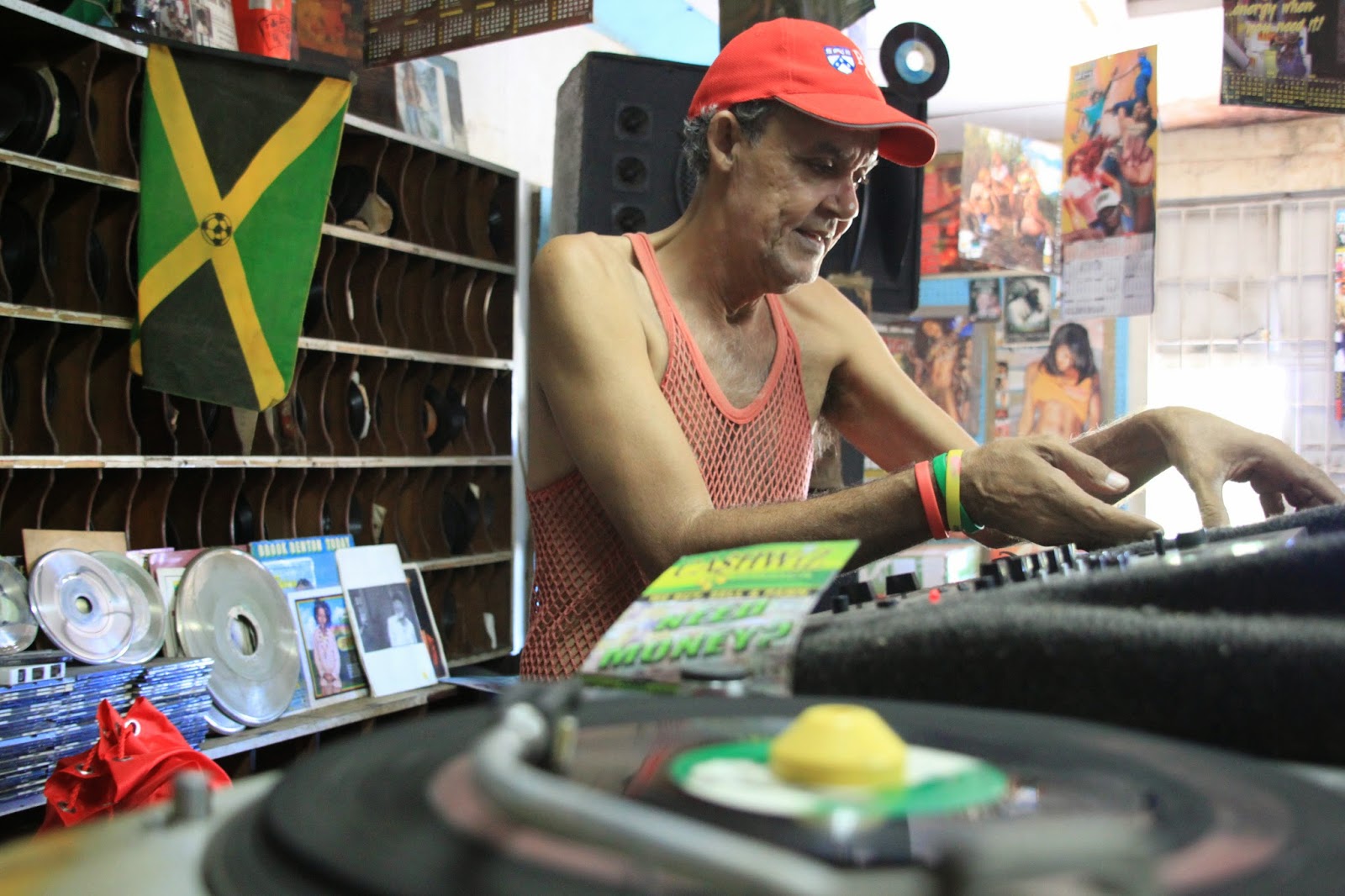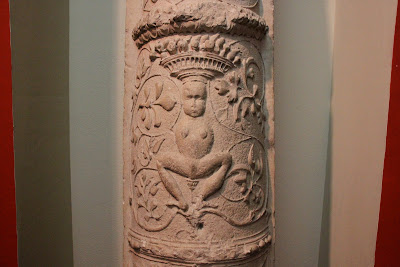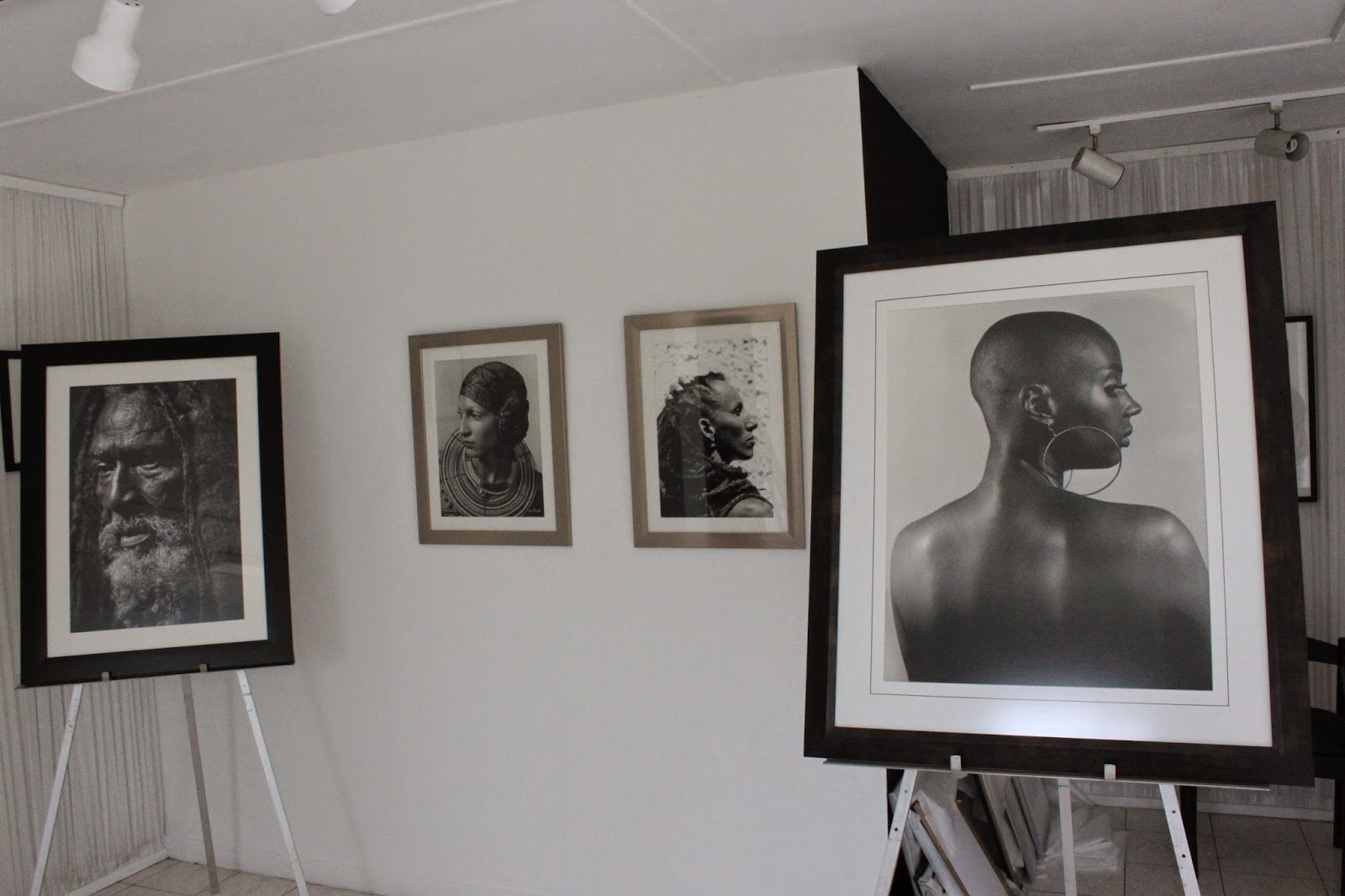British - a modern market locked in history; old slave market in the hills of Clarendon fighting to stay relevant
 |
| Farmers wait for prospective buyers at British, Clarendon |
Nestled in the lush mountainous expanse of northeastern Clarendon is Jamaica's oldest and perhaps the only surviving market established by the slaves.
Turning into a steep incline off Crofts Hill, Dr Neville Graham, a surgeon and a native of the parish, cautiously steered his pickup truck, negotiating hairpin bends on Old Woman Hill.
 |
| The lush green expanse of Clarendon, where British is nestled |
"This path was carved out of the guts of the slaves," Graham said, recalling how, as a boy, he used to trek down to the valley to buy fresh produce and goat meat to carry back.
The drive down to British, a 300-year-old marketplace, is nothing short of any adventure sport. The jerks and the jumps are like a camel-back ride in the desert.
But this terrain is replete with cool breeze kissing the face, the lungs singing the happy song after inhaling fresh, pure oxygen; blissful and therapeutic.
Bumpy ride
The lush greenery is dotted with fences, expanses of sugar cane and foliage scattered along the slope.
The bumpy ride culminated at British, the livestock market, located in the northeast of Chapelton, in the Tinders River Valley.
 |
| British, the livestock market which is around 300 years old |
Farmers with their livestock - cows and goats - stood in small groups.
Byron Johnson stood in a corner clutching a machete, leaning over his donkey, waiting for a customer to buy the goat he had taken to the market.
"I have been coming to this market since I was 10," Johnson said, words emitting softy, as his eyes looked around.
 |
| Byron Johnson, a farmer, rides his donkey home |
Joseph Blake, 48-year-old farmer from the vicinity, concurred. "I used to follow my parents," said Blake. "British used to be in the glory days back then. The path used to be lined with shops selling haberdashery, produce, vegetables, there used to be people selling soup, food ...," said Blake, his thoughts trailed in a flashback, as if reconstructing the market as it used to be.
Those glory days are now covered in cobbled stones and overgrown shrubs. A lone makeshift structure stands, with someone selling juices, as a pot of soup bubbles. Among a handful of cows and goats, a few stray dogs roam.
 |
| Joseph Blake recalls the glory days of British |
Blake, who grows yam and cassava, said historically British has been a speculation market.
Placing bets
Speculation, today a term that is synonymous with high risk - high gain transactions, only here the hard currency is replaced by placing bets on the best livestock.
 |
| A vendor displays wares spread out on a table at British. The-three-century-old market, which once was a pride of the area, is fighting for survival. |
This almost 300-year-old market still prods.
"The young just want life easy," Johnson said, "Three-fourth don't want to go the hard way. "Things have changed," he said, "older people are dead, the younger prefer to run taxis."
For some like Johnson and Blake, time will always stand still. They, like the handful of faithful who, come hell or high water, make their way every Saturday morning to trade livestock in British, this is a a ritual they will not change.
"I will be back next week," Johnson said as jumped on his donkey for a two-hour ride back home. His business done for the day, British might be one of the last slavery markets in Jamaica, which, if not infused with assistance and impetus, might be as lost as its location in the yellowing pages of history.



Comments
Post a Comment